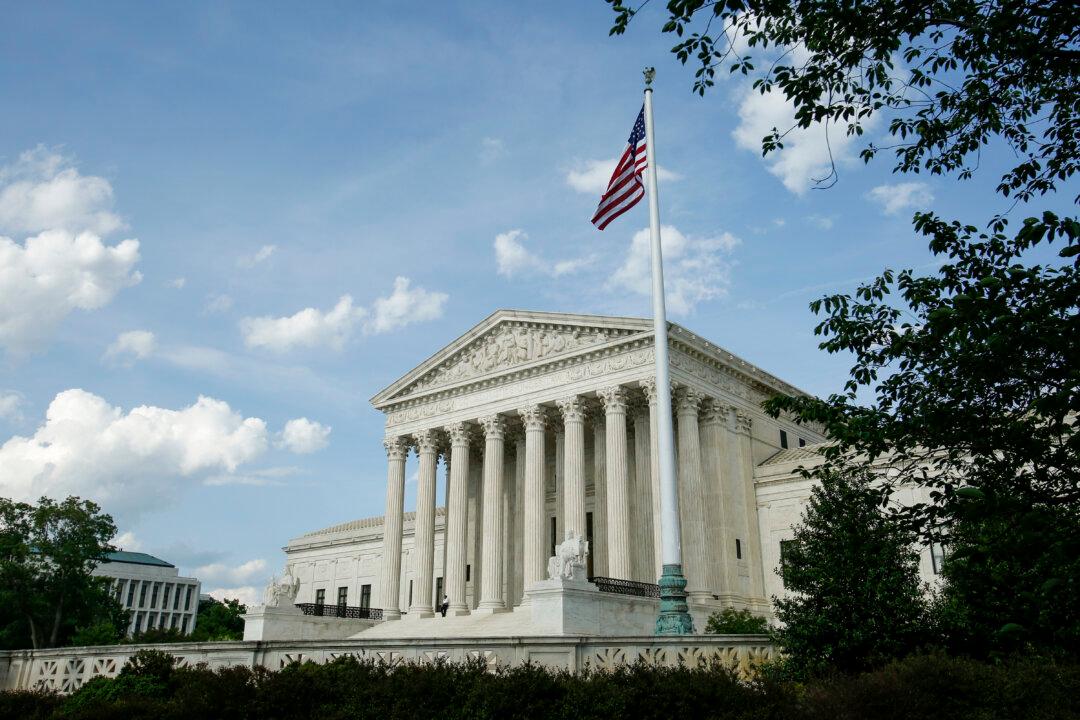A popular catchphrase used among younger generations has made it on the Supreme Court record after the court’s chief invoked the term to understand what would qualify as age discrimination in the workplace.
Chief Justice John Roberts on Wednesday asked attorneys during oral arguments for a workplace discrimination case whether using the phrase, “OK, boomer,” a dismissive remark used by young people toward people of the Baby Boomer generation, born between 1946 and 1964, during a job interview would constitute actionable discrimination.




